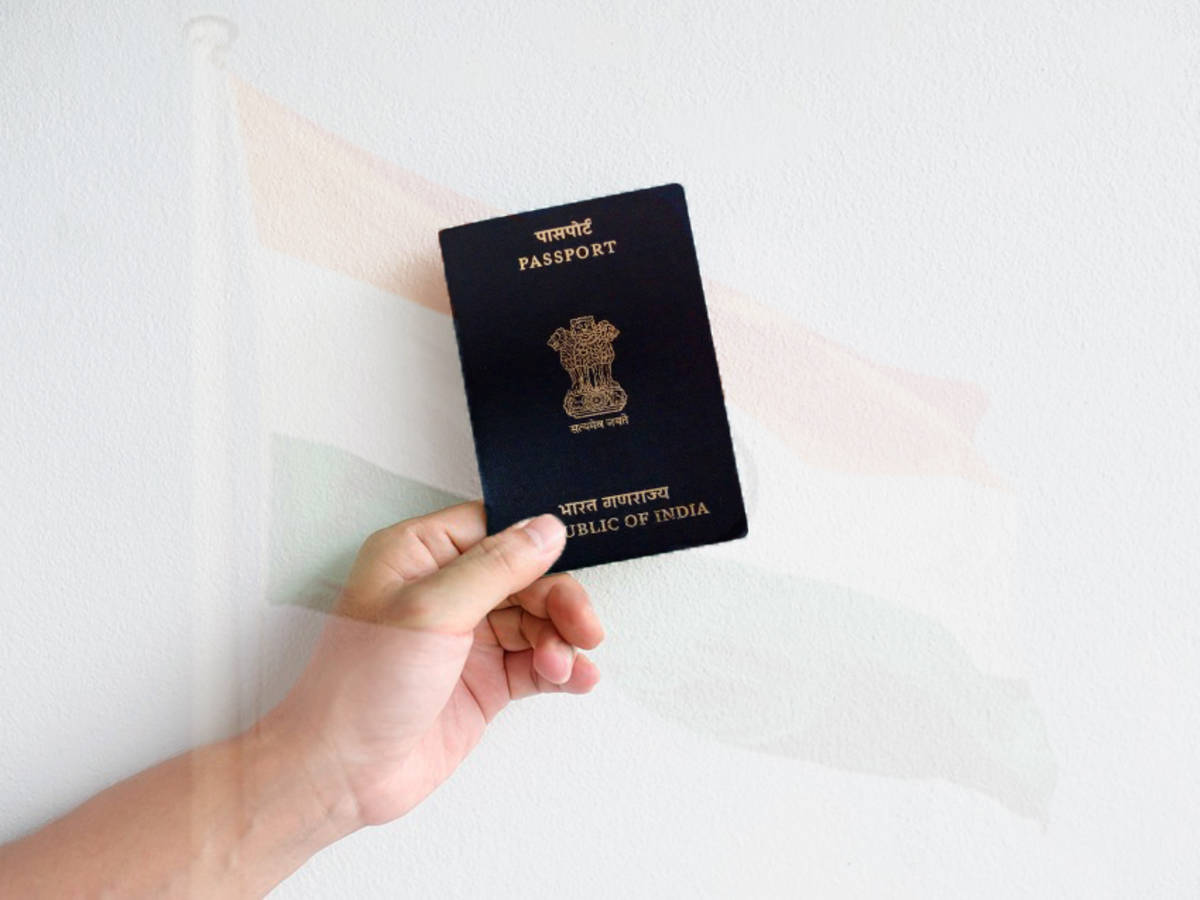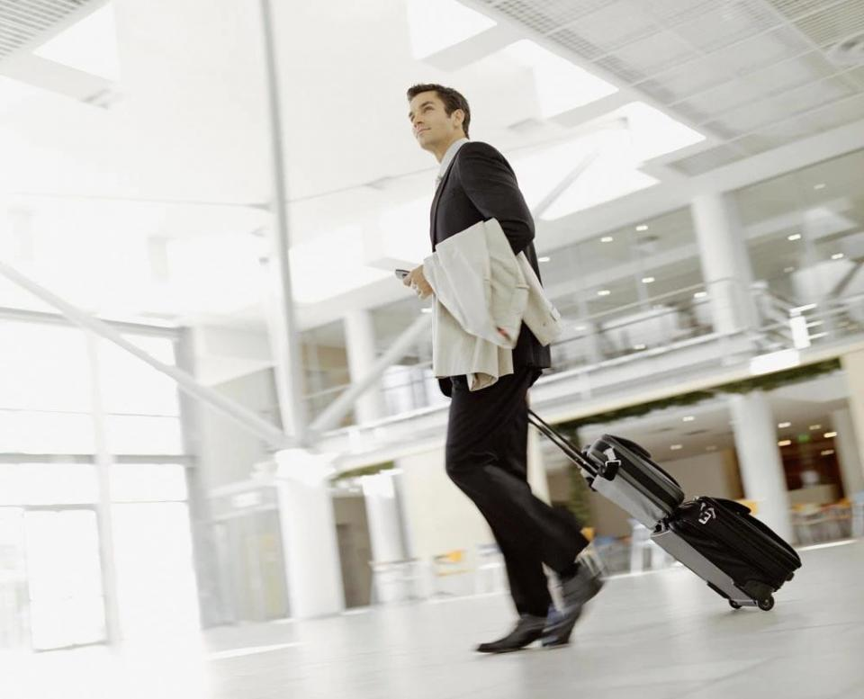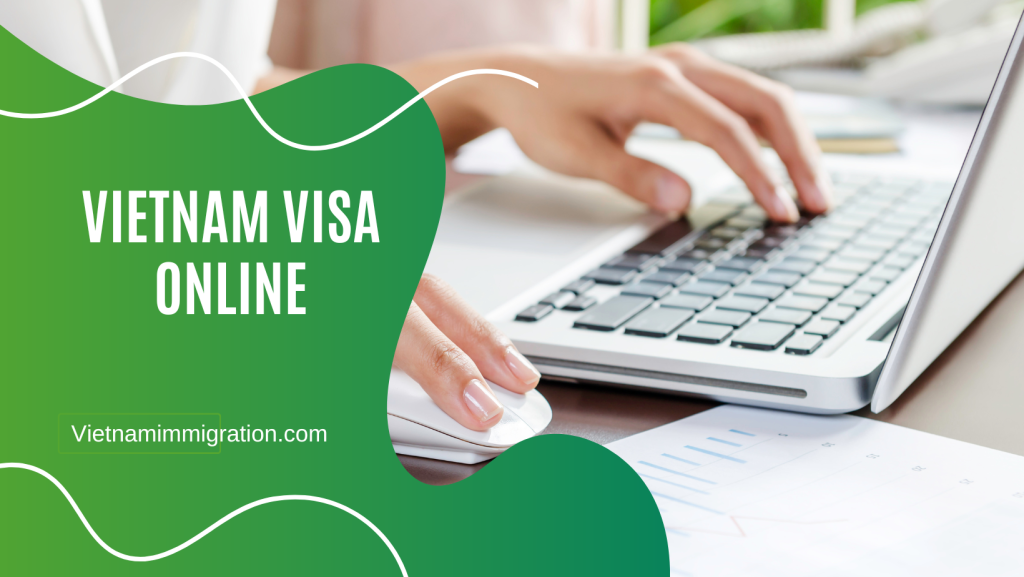Planning a business trip from India to Vietnam in 2025? Whether you’re heading to Hanoi for an industry conference, visiting a supplier in Ho Chi Minh City, or signing a …

Planning to travel from India to Vietnam for business in 2025? Your visa approval depends on how well you understand the requirements and prepare your documents. Even a minor oversight—such as a missing page in your passport scan, incorrect details in the application form, or an invalid photo—can cause delays or rejection. This comprehensive guide will walk Indian citizens through the entire process, including eligibility, document preparation, common pitfalls, and how to maximise your chances of success.
A Vietnam business visa is an official authorisation issued by Vietnamese immigration that allows foreign nationals to enter the country for commercial purposes. For Indian citizens, this visa is the right option for activities such as attending business conferences, meeting with clients, signing contracts, visiting factories, or conducting market research.
Most Vietnam business visas are valid for one to three months, and applicants can choose between a single-entry or multiple-entry visa. A single-entry visa allows entry once within the validity period, while a multiple-entry visa permits travel in and out of Vietnam multiple times during that period—ideal for business travellers with regional itineraries.
It’s essential to distinguish between a business visa and a tourist visa. Using a tourist visa for business purposes is a violation of Vietnamese immigration regulations and could result in fines, denial of entry, or restrictions on future applications.
In recent years, many Indian applicants have taken advantage of the Vietnam e-visa system, which enables the entire process to be completed online without visiting an embassy or consulate in person.

Indian citizens must have a passport valid for at least six months from their intended date of entry into Vietnam. This is a standard entry requirement not only for Vietnam but for most countries worldwide.
Your purpose of travel must be legitimate and clearly related to business activities, such as attending trade fairs, holding meetings, or participating in corporate events. In some cases, supporting documents like an invitation letter from a Vietnamese company or conference registration proof may be required.
Applicants must not be on Vietnam’s immigration blacklist, which includes those who have previously overstayed, violated visa terms, or been deported. Any past violations could result in increased scrutiny or outright refusal.
A clean record with regard to Vietnamese laws is also important, as prior legal issues in the country may affect your approval chances.
For those applying online for an e-visa, the required documents are minimal:
If applying through the Vietnamese Embassy in New Delhi or the Consulate General in Mumbai, additional paperwork will be necessary:
An e-visa is ideal for short-term business travel as it is fast and straightforward. Embassy applications are better suited for long-term stays or multiple-entry visas, though they require more time and documentation.

1. Incomplete Documentation
Missing essential files such as the passport scan, invitation letter, or compliant photos is one of the most common reasons for rejection. Always review the requirements thoroughly before submission.
2. Incorrect or Mismatched Information
Errors such as an incorrect passport number, inconsistent names, or discrepancies between your form and documents can trigger rejection. Accuracy is crucial at every stage of the application.
3. Non-Compliant File Formats or Quality
Submitting blurry passport scans, photos with incorrect dimensions, or expired documents can result in refusal. Ensure all files are clear, high-quality, and meet official standards.
4. Choosing the Wrong Visa Type
Some applicants mistakenly apply for a tourist visa to save time or cost, only to face issues at the border when their actual activities are business-related. Always apply for the correct visa type.
5. Applying Too Close to the Departure Date
Last-minute applications leave little room for delays caused by public holidays, technical issues, or seasonal backlogs. Indian citizens should apply at least 2–3 weeks before travel to avoid unnecessary stress.
A professional visa service can review your application for completeness and compliance, significantly reducing the risk of refusal. They ensure all documents meet Vietnam’s requirements before submission.
Many providers offer urgent processing, with approvals possible in as little as 2–8 hours—ideal for emergency business trips.
Reputable services also offer 24/7 customer support and clear communication throughout the process. For example, Vietnam Visa Services provides a 100% approval guarantee with a full refund if the visa isn’t issued on time. With over 15 years of experience, they’ve helped many Indian business travellers secure visas quickly and without hassle.

In 2025, obtaining a Vietnam business visa for Indian citizens is a straightforward process when you know the requirements and prepare your documents carefully. By following this guide and considering professional visa assistance, you can avoid common pitfalls and ensure a smooth, stress-free business trip to Vietnam.

